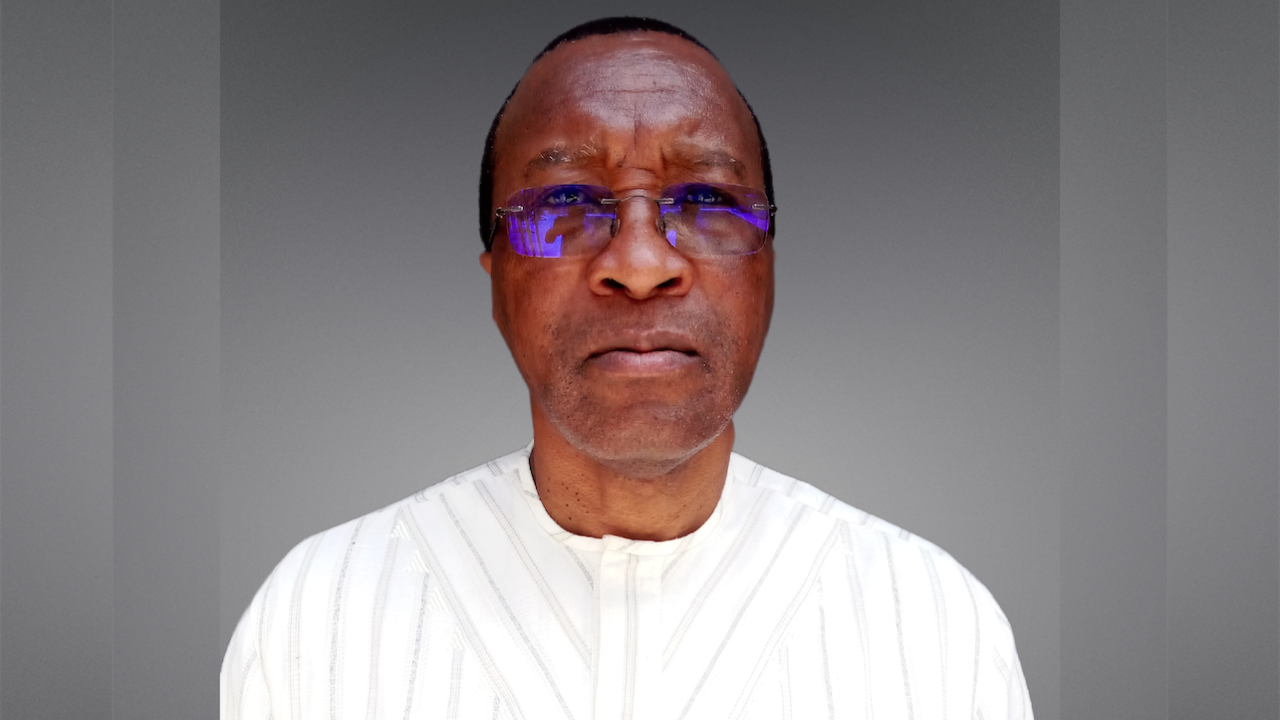Time to put our minds to the grey matter...
How grounding the grey market can grow business aviation in Nigeria.

Roland Iyayi: "The structure of the industry is defective and needs to be addressed through regulation and enforcement and until that is done, whatever potential we are talking about today will just be a mirage." PICTURE: Albinus Chiedu
Roland Iyayi, the CEO of Topbrass Aviation, a Nigerian-registered non-scheduled airline, has said that Nigeria’s business aviation subsector has not been able to achieve its full potential.
He said this was because the grey market has been largely allowed to thrive due to inadequate structuring of the market, poor enforcement of regulations and a one-cap-fits-all airline licensing policy.
In an exclusive interview with African Aerospace magazine, Iyayi said: “If you have more of the grey market than the licensed operators, how can the market grow?
“You can’t grow that market because it means that there is a distortion in pricing. The distortion in pricing is a major element, a disincentive for investors to go in there. Those are the fundamental issues that need to be taken up and addressed before talking about whether there is growth or no growth.
“So, we are looking at issues relating to regulations and enforcement of regulations for that sector to be able to record the required growth.”
Iyayi cited a recent case of two incidents occurring at Ibadan airport within a space of few weeks. “No scheduled airline would go into Ibadan because the airport would be closed at a certain time. One of the airlines arrived one particular night and landed short of the runway. Fortunately, the accident was not fatal, but it turned out that the particular airline was not even a licensed operator.
“That is part of the grey market. I can guarantee that the operator would have charged below the market price because they are not paying any taxes to the CAA.
“So, the licensed operators who ordinarily would charge so that they could pay taxes to the CAA are already cut out of the market. The grey market player is going to be taking on the market, undercutting everyone else.
“You can’t see growth when you have such structure. Fundamentally, the structure of the industry is defective and needs to be addressed through regulation and enforcement and until that is done, whatever potential we are talking about today will just be a mirage,” he said.
Iyayo said the huge potentials in the non-scheduled market resides in the fact that scheduled domestic airlines operate regularly to only 11 of the 33 airports in the country and that more elite passengers who have the tendency to patronise non-scheduled airlines would have had more reasons to do so because of the schedule integrity problems of scheduled airlines.
“Ordinarily, that should grow the business aviation sector, but why we have not seen the growth boils down to issues of structure, which is very fundamental,” he emphasised.
“Because the regulator has turned a blind eye to the grey market, the potential of a structured growth in the sector has been dwarfed,” he said.
On the way forward, Iyayi said: “For things to change, enforcement of regulations is key. We need to review our policies that do not support growth. We must review the licensing structure of airlines to accommodate the different niches that operators want to come into. I think the one-cap-fits-all mentality is wrong. There is a wisdom in licensing airlines based on their categories.”
Iyayi added that non-scheduled operations would have been a wonderful breeding ground for young pilots to get the necessary experience required to move to bigger aircraft “but unfortunately, because it is not yet structured in terms of the general aviation sector in Nigeria, that potential is not realisable at this point.”
He said his airline, Topbrass Aviation has decided to restructure its operations and focus on another niche. “By the third quarter of this year, we are bringing in new assets to be able to exploit those niche markets particularly. We are trying to see how we can leverage our contacts outside Nigeria to be able to access those assets.”
Stay up to date
Subscribe to the free Times Aerospace newsletter and receive the latest content every week. We'll never share your email address.


